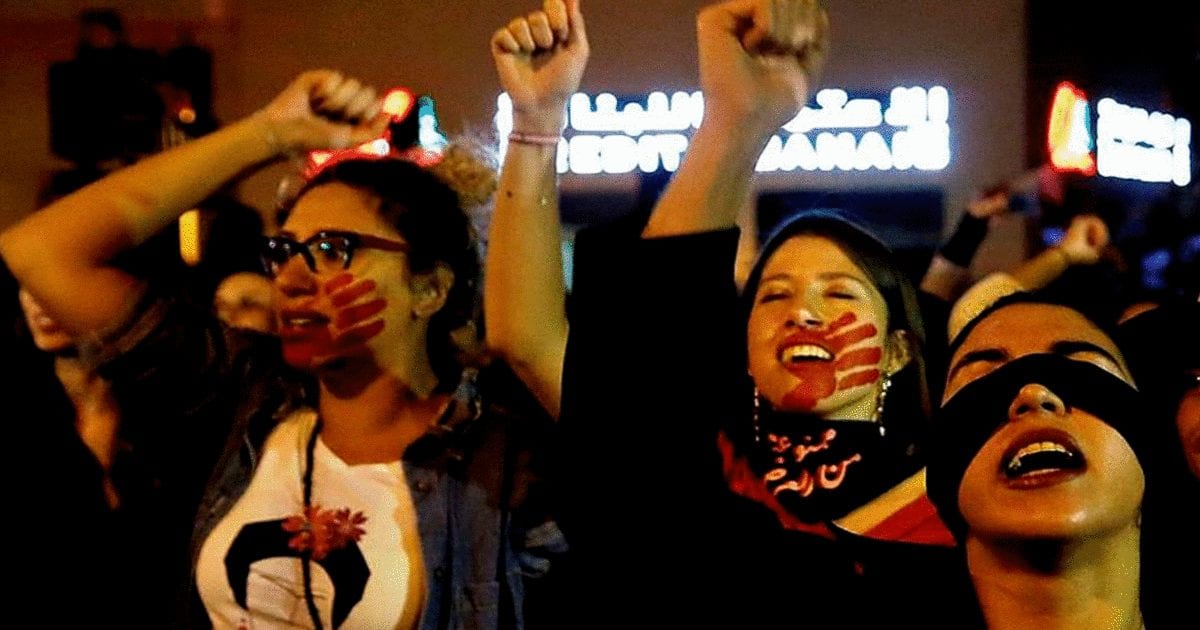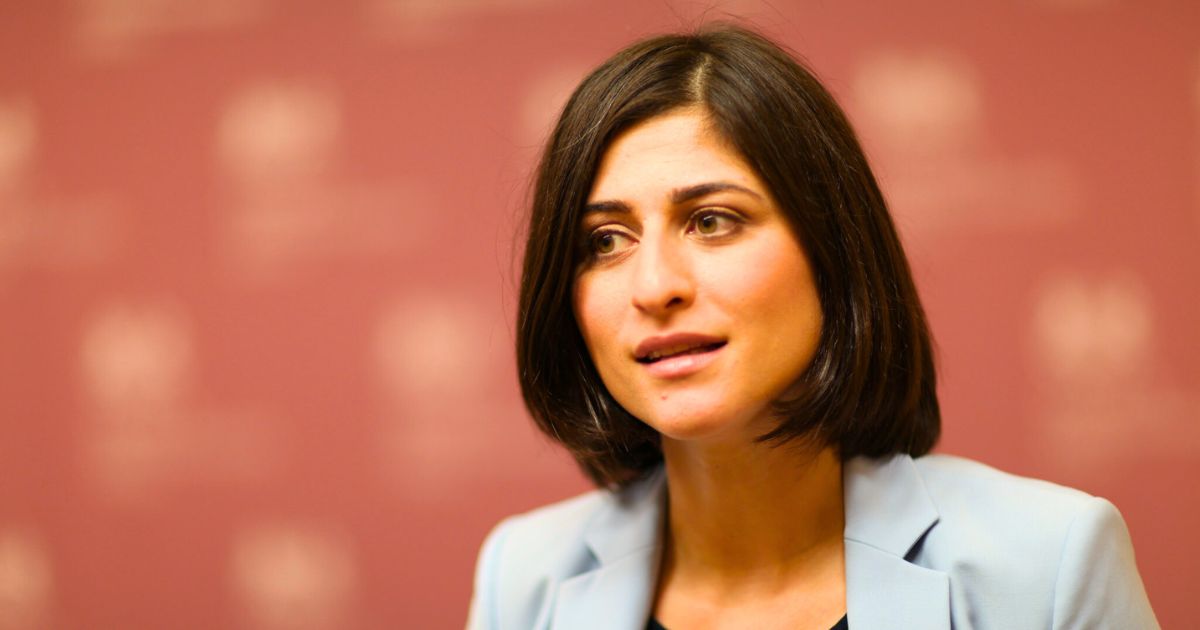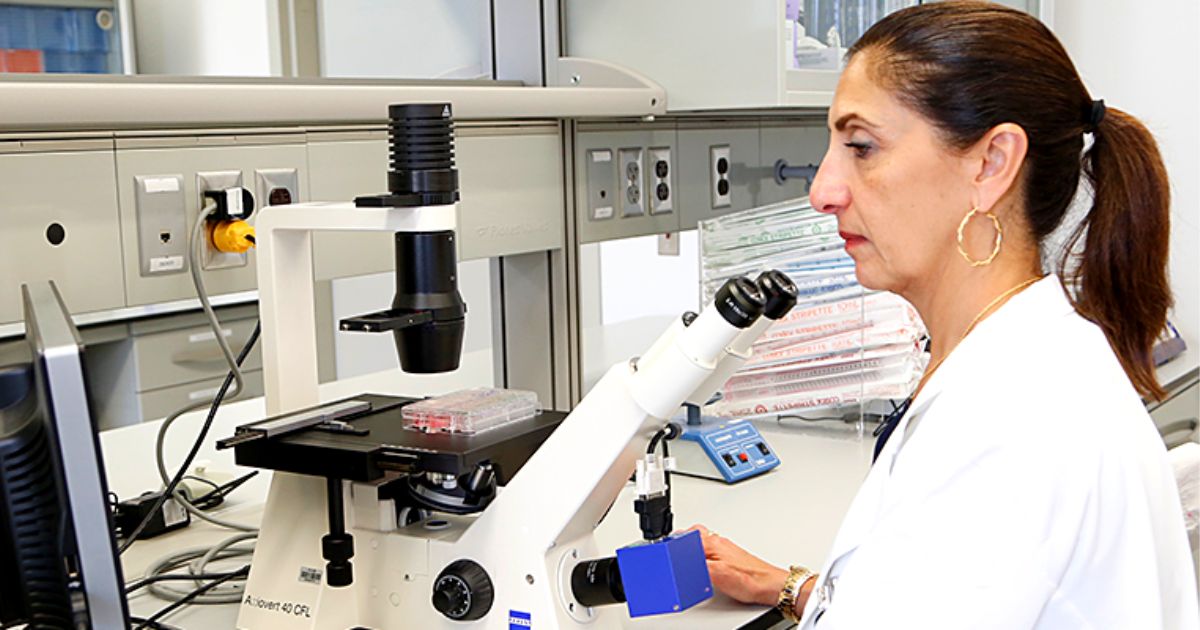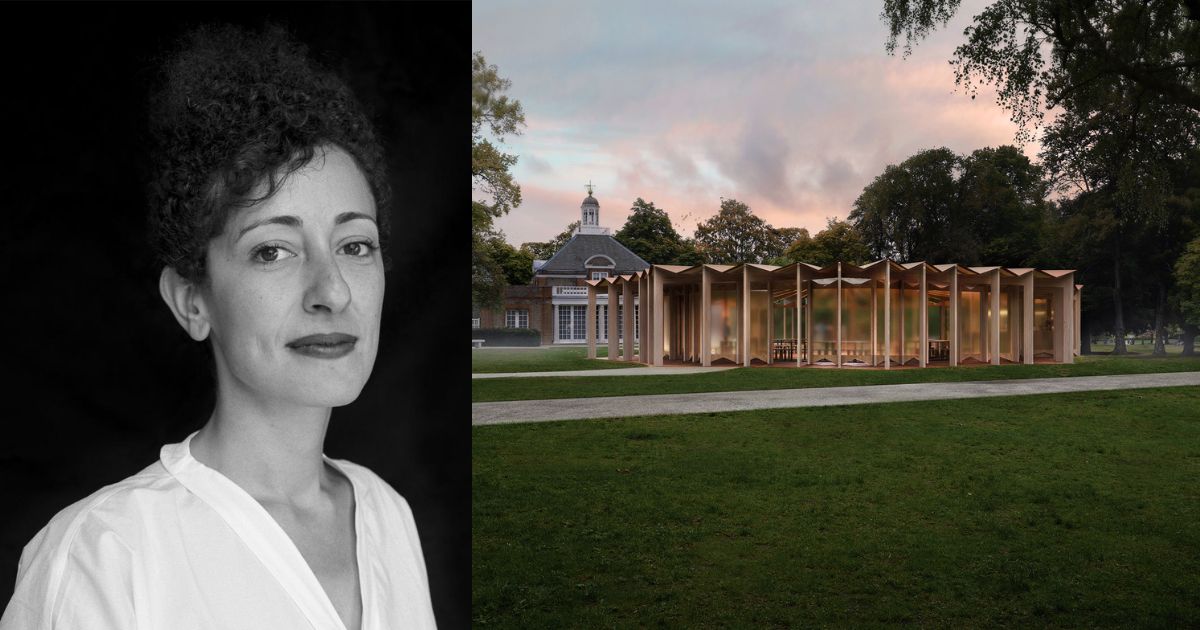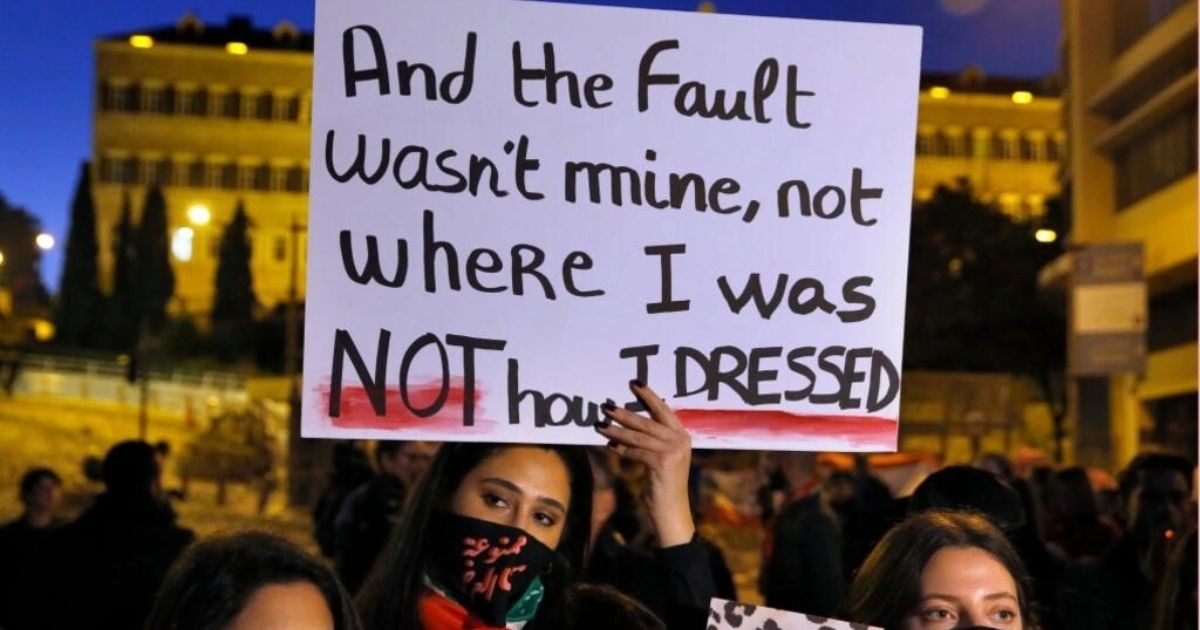It is horrific when one discovers that something as terrible as human trafficking happens in the country they live in, let alone in a small country like ours where almost nothing could be hidden.
Yet, this dramatic issue has happened. It was not spoken about though, and not even by the local media.
As we fight against corruption and our human’s and citizen’s rights through this revolution, it is time that we are made aware that such existing horror is happening in our own country, and it has to stop. Knowledge is a protective power.
Omolola Ajayi, aged 23 years, a single mom from the Osun state of Nigeria, really believed that “she was coming to Lebanon to teach English but discovered she had been deceived upon arriving in the country,” reported Nigeria’s “Channels TV” among many other African news outlets.
Upon her arrival, her employer seized her passport and told her that she was being sold into slavery and that what happened, according to her. She asked to be returned to Nigeria, and the answer she got was beyond appalling.
Held in Lebanon by her “boss” who told her that he owns her, the young Nigerian teacher managed recently to post a video message online, calling for help. The video went viral on numerous social media platforms.
In the video, she revealed the following: “A family friend introduced me to the Lebanese [people] who brought me here to teach their children the English language. I told my boss that I wanted to be returned to Nigeria, he replied that he has paid for me; that dead or alive, he owns me.”
Her video asking for help went viral and prompted her country to intervene. Nigerian Governor Abdulrasaq launched an immediate investigation. As a result, 3 suspects, a Lebanese and two Nigerians, were arrested.

The investigation also revealed, according to numerous African news, that there are also at least 28 other victims of this horrible trafficking gang. Nine more people were then apprehended at the Murtala Mohammed International Airport.
According to the Operatives of the Nigerian Immigration Service, these detainees said they were trafficking to Middle Eastern countries; including Lebanon, Cairo, Dubai, and India.
The National Agency for the Prohibition of Trafficking in Persons (NAPTIP) states that, up to 2019, 14000 girls were rescued worldwide from becoming victims of human trafficking.
In turn, the Nigerian immigration authority prevented 150 victims from leaving the country.
More than 40 million people around the world are victims of modern slavery as per the International Labor Organization.
The Global Slavery Index ranked Nigeria as a source, a transit, and a destination country when it comes to human trafficking.
Thanks to the intervention of governor Abdulrasaq, Omolola managed to finally make it back home safely from Lebanon with the help of the Nigerian Embassy in Beirut, as reported on January 13th by African media news, including the ‘Channels TV.’
Nigeria’s ‘Channels TV’ news reported, “Omolola disclosed that some of those who fell victim to the same scam are already dead as they are not taken to the hospital when they are sick by their “masters” who seized their passport upon arriving in the country.”
Omolola’s story is not one of its kind; she is not the first and definitely not the last. Governments in the Middle East are either unaware of this or are turning a blind eye, or the issue is not a priority to them.

And yet, that trafficking of humans cannot possibly exist and operate without local networks. According to the Institute for Security Studies, “Foreign trafficking networks work with organized local crime groups disguised as employment agencies.”
Up to 2011, Lebanon had classified trafficking in the criminal code but not the trafficking of human beings. Lebanon has only adopted an anti-trafficking law related to humans on September 1st of 2011.
That law, according to UNODC, “was developed in line with the provisions of the Protocol to Prevent, Suppress, and Punish Trafficking in Persons, especially Women and Children, supplementing the United Nations Convention against Transnational Organized Crime.”

Since then, Lebanon Justice System deems human trafficking a criminal offense punishable by 5 to 10 years’ imprisonment, with the law reportedly set to protect the victims and the witnesses of that organized crime.
In a report published in 2018 on Refworld/UNHCR website, the U.S. Department of State wrote that “the Government of Lebanon does not fully meet the minimum standards for the elimination of trafficking; however, it is making significant efforts to do so.”
The report revealed that in 2017 the Lebanese government “reported initiating 134 total trafficking investigations, compared with 71 investigations in 2016.”
It further added that “the Directorate of General Security (DGS) investigated 111 potential trafficking cases involving migrant workers and other immigrants in 2017, which was a significant increase from 51 investigations in 2016.”
From these 111 cases, “public prosecutors referred 109 trafficking cases to investigative judges, who charged and prosecuted 172 suspected traffickers under the anti-trafficking law.”
